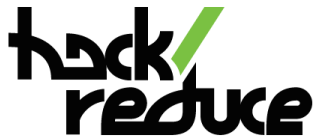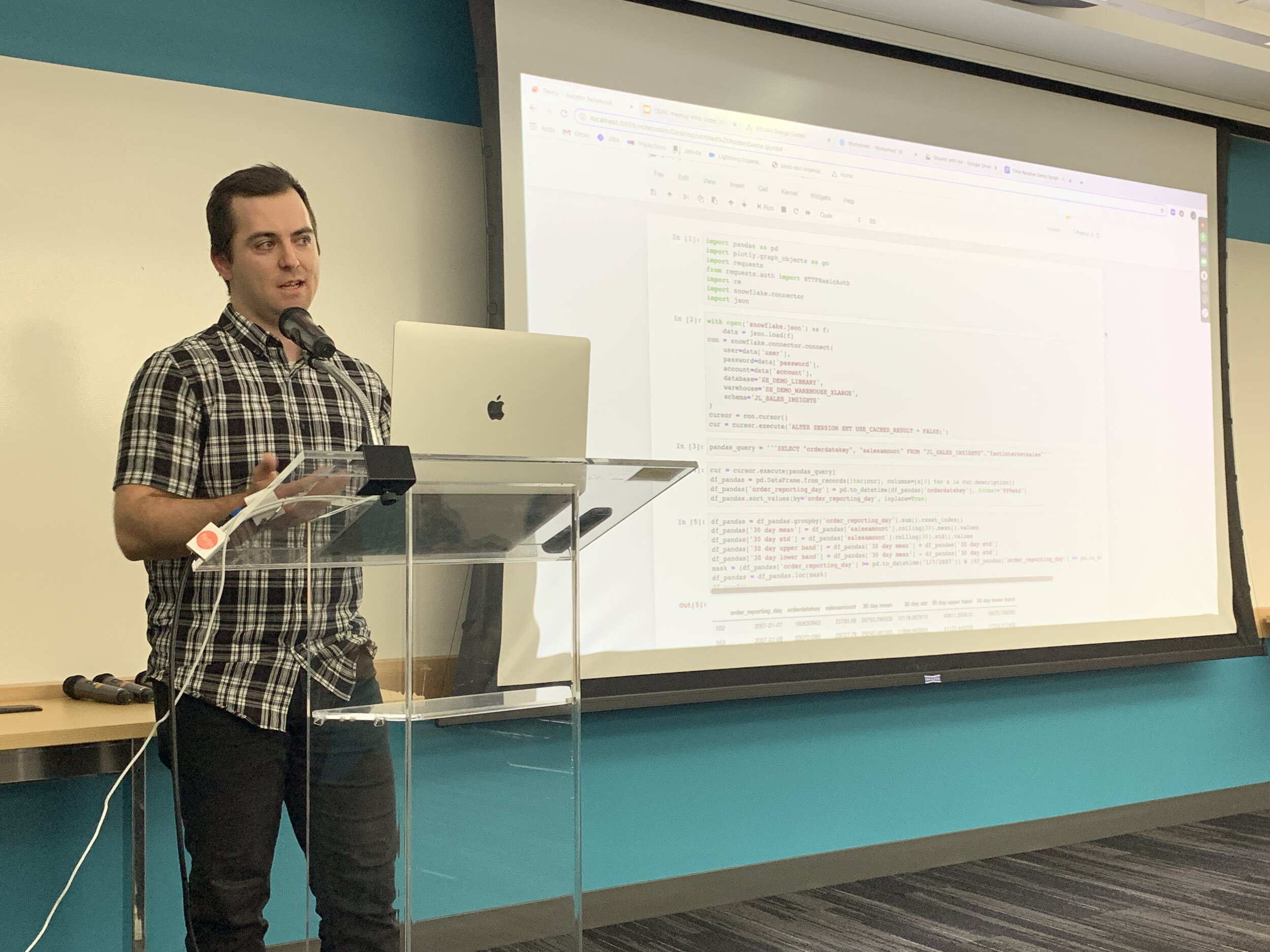Do you have a love/hate relationship with your data?
If you found yourself saying “yes”, you are not alone.
At our December meet-up, Phil Mazenett, Corporate Sales Engineer and John Lynch, Corporate Systems Engineer, at AtScale shared their insights as to what common challenges data professionals are experiencing around their data throughout the modeling process.
Mazenett states that in his experience a lot of his customers frequent the same obstacles that could be solved by:
Gaining access to the right tools, drivers, and packages to do whatever is necessary to load the data.
Having an organized process that is searchable and easy to leverage your data. Mazenett shares that, “Many people are doing a lot of work that has already been done. A lot of people have ended up creating data sets that have already been created, analyzing models that have already been analyzed, and creating features that have already been created. There is no centralized location for people to look at what is available for them- the way that the data has been analyzed. You need an organized process that makes it easy to leverage.”
Ensuring that everyone on your team has the same KPIs and definitions.
Enabling people to have a singular point of access of your data no matter where it sits.
Enhancing autonomy as the reliance on data engineers to give you your data places you in a cycle of long wait times and decreased productivity.
How do you solve this?
Mazenett and Lynch believe that there are multiple ways to ease the pain without having to buy a particular product or solution as every product will have their own unique approaches and benefits. However, investing in a semantic layer is a step in the right direction. Mazenett explains that with a semantic layer, you can portray your data in a way that invites people to ask questions, making your data be of more use and value.
Thank you to ODSC for hosting this event!
We want to see you at our next meet-up! Join our mailing list for event updates!












